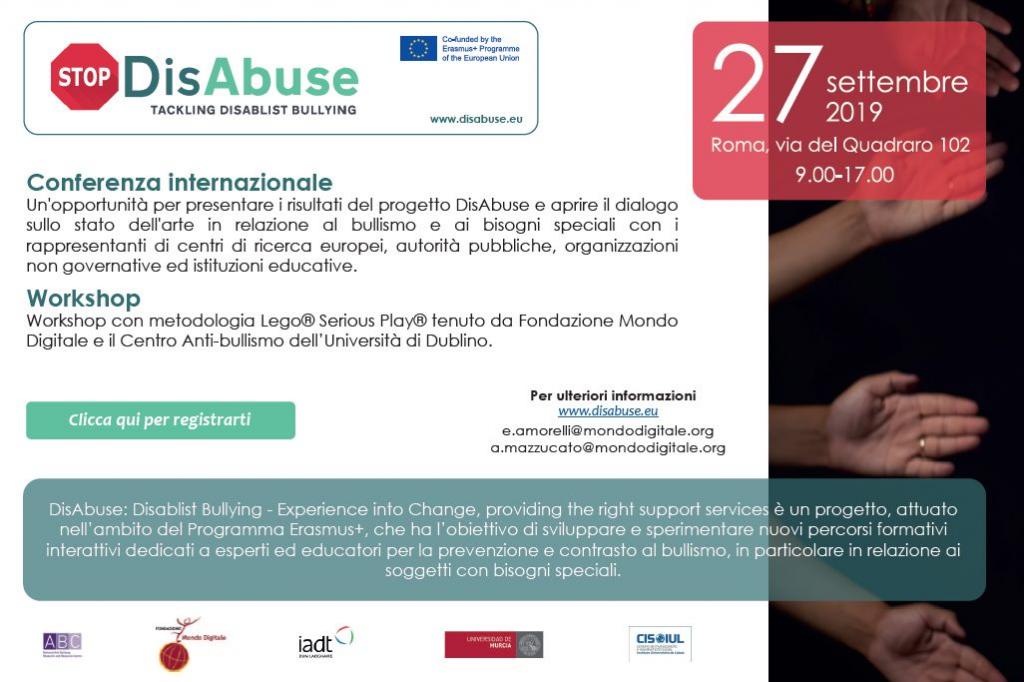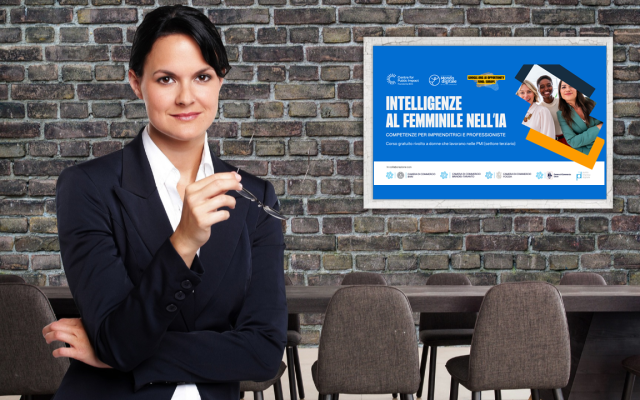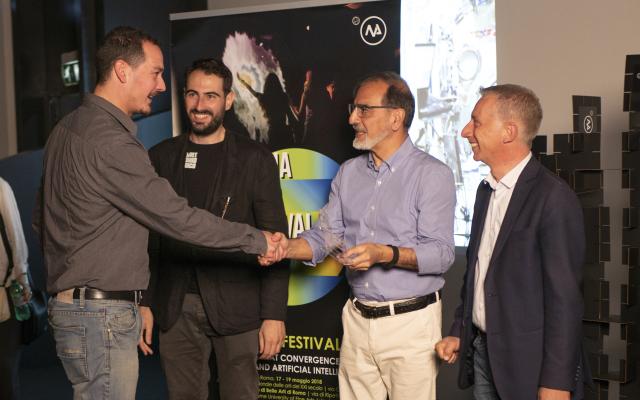Comparing the European Project DisAbuse results. Tools and strategies against the “H Factor” of bullying, to support individuals with special needs and disabilities. Workshops with the Lego Serious Play Methodology.

"DISABLIST BULLYING" - ROME INTERNATIONAL CONFERENCE
September 27, 2019 – 9:00 am
Phyrtual Innovation Gym, Via del Quadraro 102

On Friday, September the 27th, the results of Project “DisAbuse: Disablist Bullying - Experience into Change, Providing the Right Support Services” will be presented in Rome. The project tested in four European countries new training courses to prevent and contrast bullying against individuals with disabilities. In Italy, the project, coordinated by the Fondazione Mondo Digitale, involved 27 participants (students, teachers and psychologists) in original workshops using the Lego Serious Play Methodology®.
“They think we are useless, that we are different, that we are not worth anything and that it’s right to treat us like this”. This is the beginning of an essay written by “F”, a sixteen-year-old student at the Rome Magarotto school for deaf. The challenge was to train referents of the educational community into preventing and contrasting bullying, leading to the creation of Project “DisAbuse: Disablist Bullying - Experience into Change, Providing the Right Support Services”. The project is implemented as part of the Erasmus+ Programme and promoted by five partners in four European countries: the Anti-bullying Centre at the University of Dublin (Ireland), Fondazione Mondo Digitale (Italy), Institute of Art & Design Technology (Ireland), University of Lisbon (Portugal) and University of Murcia (Spain).
On Friday, September 27, will presented at the Rome Phyrtual Innovation Gym the results of the first experimentation that involved over 100 individuals in Europe, including teachers, students with disabilities, psychologists and psychotherapists, through an innovative course for the acquisition of new competences and inclusive socialization models. Organised into six modules with a practical guide for teachers, the programme was conceived for individuals with special educational needs and disabilities, to support them in preventing and contrasting bullying both at school and at work. All didactic materials are available on the project website: www.disabuse.eu/it.
In Italy, the course pioneered the use of the Lego® Serious Play® constructivist methodology. Brick after brick, the students, supported by teachers and psychologists, learned to work in a group to reinforce values such as respect, empathy, to reinforce self-esteem and provide a visual and critical representation of the different types of bullying, their effects, the actors involved, and the tools and strategies that can be used to contrast them efficiently. “The group work helped me to understand different points of view and to face the issues we encounter every day. I understood what bullying is and I now have new tools to contrast it and promote my new understanding”, explains eighteen-year-old “P.” in sign language.
The conference will provide the opportunity not only to share the stories of the protagonists and evaluate the first project results in the various partner countries, but also to forge new alliances to contrast bullying against individuals with special needs by involving representatives of European research centres, public authorities, NGOs and educational institutions. A Chilean Government Delegation, visiting Italy to learn more about the integration model implemented in Italian schools, will participate in the conference. Two workshops with the Lego Serious Play Methodology will be held during the afternoon by the Fondazione Mondo Digitale and the Dublin University Anti-bullying Centre.

 The project is implemented as part of the Erasmus+ Programme by the Anti-bullying Centre at the University of Dublin (Ireland), Fondazione Mondo Digitale (Italy), Institute of Art & Design Technology (Ireland), University of Lisbon (Portugal) and University of Murcia (Spain).
The project is implemented as part of the Erasmus+ Programme by the Anti-bullying Centre at the University of Dublin (Ireland), Fondazione Mondo Digitale (Italy), Institute of Art & Design Technology (Ireland), University of Lisbon (Portugal) and University of Murcia (Spain).

For further information:
- Press Note on Conference
- Conference Programme
- Project Website
- Conference Registration Module
- Save the Date - PDF
- Project Profile
- Facebook Page
- LSP Course
Per approfondire


